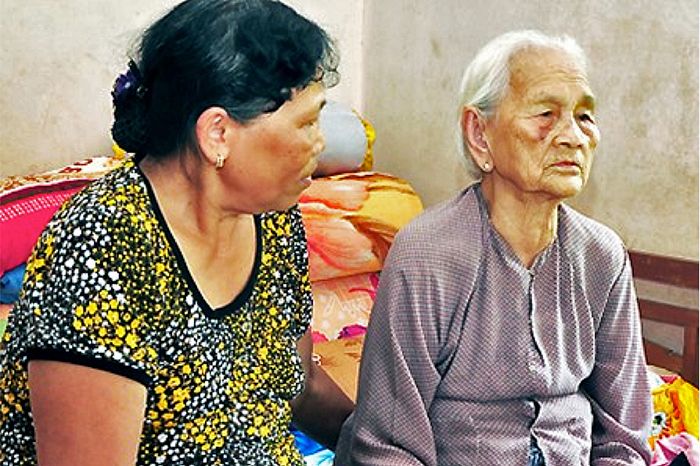Will slapping additional tax on sugary drinks help Vietnam keep its obesity epidemic in check?
As reported by Dan Tri, since late 2017, the Ministry of Finance has been working on a new law regarding Vietnam’s special consumption tax. It applies to products like beer, liquor and cigarettes whose levy is paid by the manufacturer but shouldered by consumers.
Not long ago, the ministry proposed adding sugary beverages to the list of taxed goods, with a new 10% special consumption tax and an additional 2% of value-added tax (VAT). It excludes dairy products, however.
The ministry cited health concerns as the main reason behind the proposal, citing statistics on Vietnam’s obesity rates as evidence. It claims that some 25% of local adults are obese; in 2015, this figure was 5.3% for children under five years old compared to 0.6% in 2000. Among young Saigoneers, however, the figure is 10.8%.
As the law is still a work in progress, the finance ministry hasn’t specified which drinks will fall under the “sugary drink” categorization or how much sugar a beverage must contain to be considered a “sugary drink.” Nonetheless, this is not the first time Vietnam’s policy-makers are trying to regulate local sugar consumption.
Should the new law become a reality in 2019, it’s estimated that local tax departments will collect about VND5 trillion per year from the drink industry.
In December 2017, Prime Minister Nguyen Xuan Phuc ordered the Ministry of Education and Training to ban carbonated drinks and other “harmful” snacks in schools. At the time of writing, the command still hasn’t yielded any result yet, unfortunately.
The new tax proposal by the Ministry of Finance hasn’t been well-received by industry leaders, for obvious reasons. Vietnam’s Sugar and Sugarcane Association opposes the additional levy, saying that the tax will have negative consequences on sugarcane growers and soft drink industries.
According to the organization, in Vietnam, beverages are sweetened by both refined sugar and high-fructose corn syrup. At the moment, the latter even enjoys tax exemptions if imported from ASEAN nations, China or South Korea. The new tax should also cover the syrup as it’s also an obesity-causing substance.
The Vietnam Beverage Association (VBA) has also voiced concerns over the sugar tax, claiming that if the new proposal is passed, prices for drinks on the market will see an increase of 12%. President of VBA, Nguyen Van Viet, told Tuoi Tre that if the ministry considers the sugar content in drinks harmful, what about other sweet products on the market?
He also added that the law proposal needs to clarify its definition of “sugary drink” and devise a proper process so sugar and sugarcane producers could react to the tax in an effective manner.
[Photo via Retail News]














